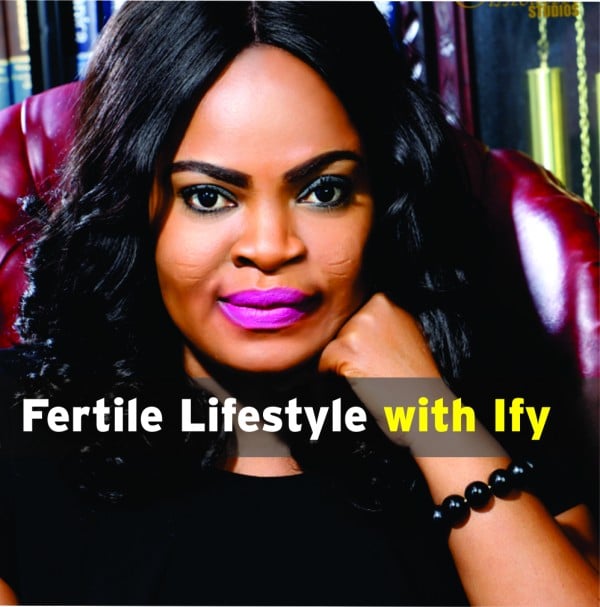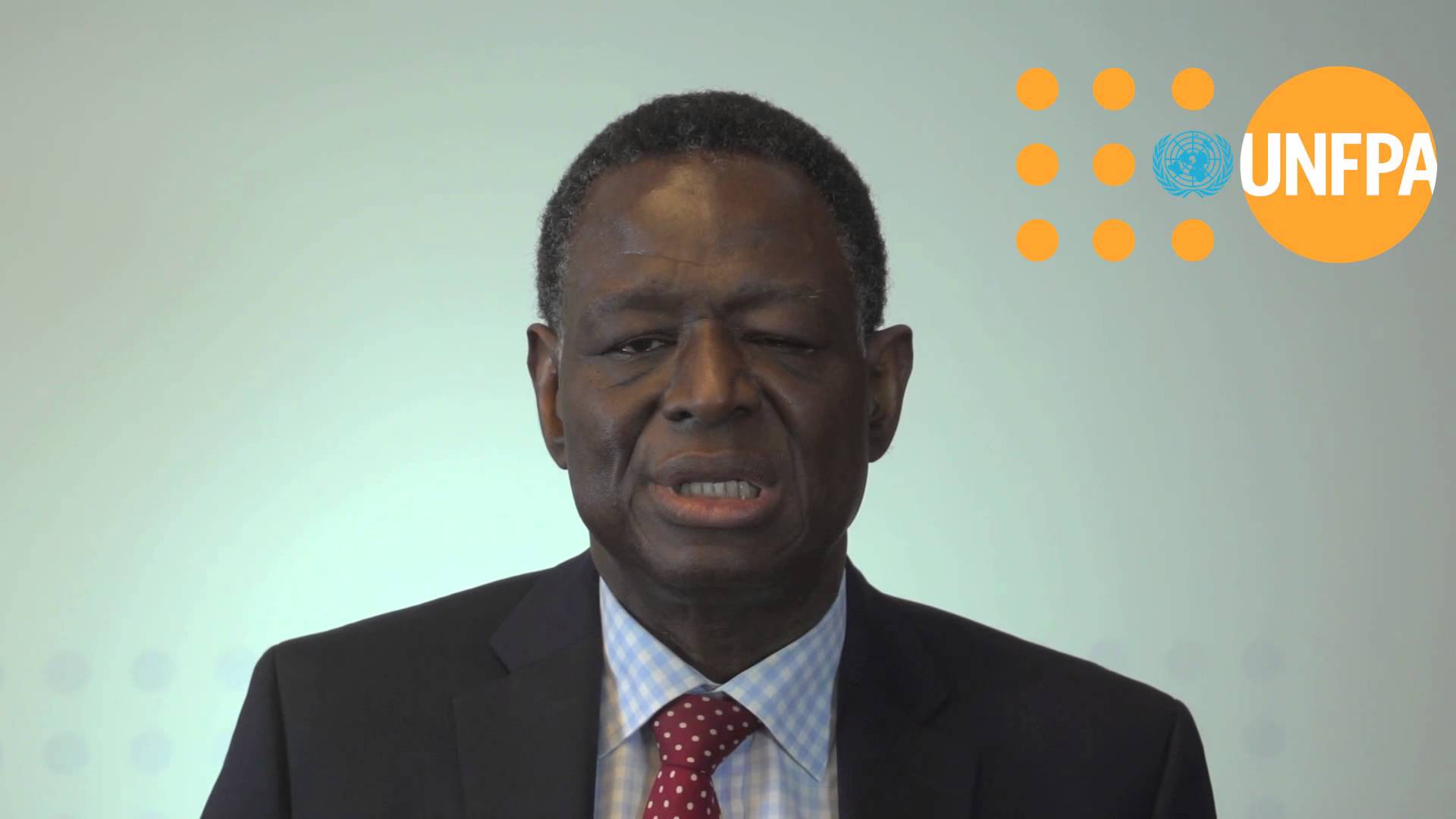Teenagers or young adolescents are often faced with decisions pertaining to their relationships, sexuality and sexual behavior when growing up. Preparing our young ones for the transition to adulthood at this critical phase of development is a daunting task. Many young Nigerians receive little or no adequate information that protects their reproductive health and arms them against predators.
Teenage pregnancy, the pregnancy that occurs to a young person between thirteen to nineteen years has become a major social and health problem in Nigeria in the recent times. According to the National HIV/AIDS and Reproductive Health survey, seventy-three percent of teenage girls aged 13-19 in northeastern Nigeria account for seventy-one percent of annual births. Wikipedia report also states that “Nigeria’s birth rate for adolescents is one of the highest in the world and the prevalence among female adolescents in Nigeria of sexual transmitted infections including HIV is climbing rapidly”.
With the proliferation of pseudo motherless babies home, where pregnant teenage girls are held hostage until they deliver their babies, teenage girls or young adolescents are becoming more vulnerable to sexual abuse, coercion, unintended pregnancy and sexually transmitted infection.
In recent times the legality of abortion and the promotion of the use of contraceptives has become a source of debate. Some are of the opinion that sex education should not focus absolutely on abstinence, but rather should be used to prevent unprotected intercourse and provide information about bodily development, sex, sexuality and relationships. This is in contrast to those proposing absolute abstinence which promote abstinence until marriage. There seems to be a lot higher support for using sexuality education to promote abstinence, also largely due to our religious and cultural beliefs. Comprehensive sexual health education teaches abstinence as the only effective method of preventing HIV, STIs, and unintended pregnancy.
Advertisement
Little attention is paid to these issues, which include abortion in public policy discussions because of cultural and political sensitivity. There have been arguments worldwide on why the government and society will trust a teen to raise a baby, but not trust a teen to make a decision on having an abortion.
A Guttmacher report in United States further reveals that “no state explicitly requires consent or notification for teens to obtain contraceptive services. Seventy-five percent of teen pregnancies are unintended according to the reports, while teens account for about 15% of all unintended pregnancies worldwide annually. The reasons teens most frequently give for having an abortion are that “they are concerned about how having a baby would change their lives, cannot afford a baby now and do not feel mature enough to raise a child”.
The negative consequences of early parenthood have more impact on teenage mothers and most times exonerates the male child. This calls for concerted efforts by all stakeholders to ensure that teenagers both male and female are guided and given the right messages and services so as to be able to make informed choices when it comes to their reproductive life.
Advertisement
The media is also very key to shaping perceptions and behavior in young people whether negatively or positively. The media is a veritable tool for providing access to reliable source of information to young people. Teens who watch a lot of television with sexual content are more likely to initiate sexual intercourse. Also portraying the risks of sex in television shows can help educate teens about the potential consequences of their sexual behavior.
The society has the responsibility of providing our teens with comprehensive sex education. Education should be considered as a tool in empowering teenagers and curbing their sexual exploits. An advocacy body should also be set up for teenage parents while our educational system should assist parenting teens balance their education and their responsibilities as parents.
Ify is a Life, Emotions and Behavioral Change Coach who is passionate about helping families navigate their journey to fertility and parenthood. Send your emails to [email protected] for more enquiries on her fertile lifestyle method. Follow on twitter @fertilelifestyle.
Advertisement
Add a comment





